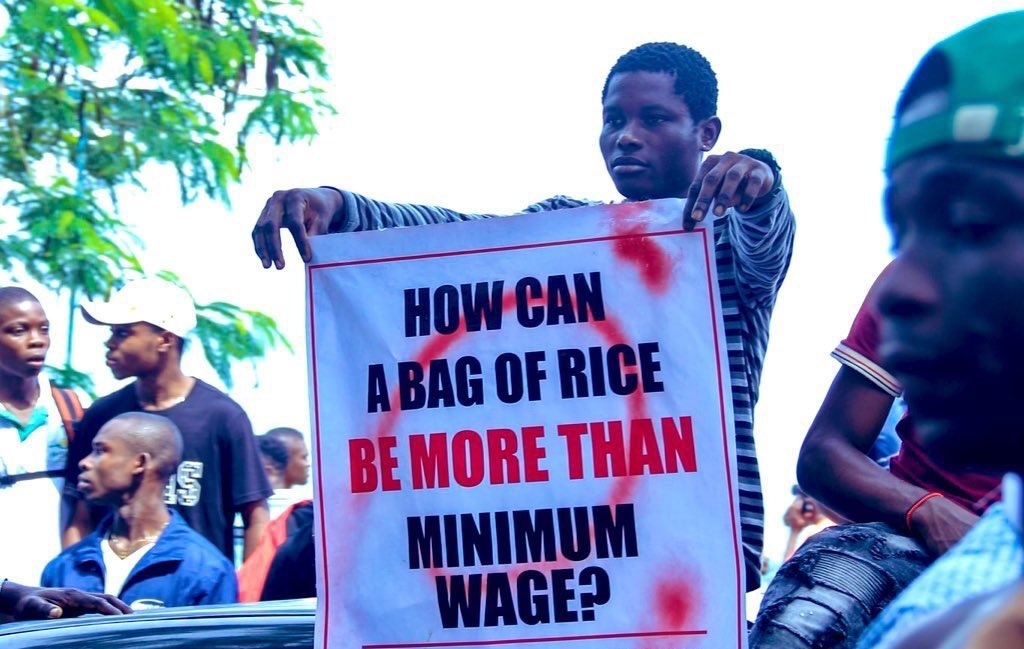Business activities across the major states in the Niger Delta were brought to a halt as the turnout of protesters failed to meet expectations.
Aside from Benin in Edo states where the protester turnout was significantly large, other states in the oil-rich regions saw minimal turnout of protesters.
In Asaba, a resident of the city, Mr. Francis, who spoke to Nairametrics said that commercial activities were grounded as banks, shops and markets were closed due to the protest.
The city centre including the ever-busy Shoprite supermarket, down to Okpanam and Koka junction, was a near ghost town as residents shun protest.
Security operatives including Police were seen patrolling the city as there were literally no sign of protesters anywhere.
According to Mr. Francis, “It looks like a curfew was declared rather than a protest. Many people are afraid coupled with the statement from the government that we should not protest.”
In the ancient city of Benin, residents defied warnings from the government and traditional rulers as the #EndBadGovernance protest recorded a significant turnout of people. The popular Oba market was shut down as Ring Road- the city centre was blocked by placard-carrying protesters.
Also, banks and business activities across the city were closed due to the protest and fear it could degenerate into chaos.
In Bayelsa state, protesters blocked the popular Tombia road as commercial activities in Yenagoa were ground to a halt. Police officers were also seen on major roads across the city protecting the ongoing civil protest.
That of Port-Harcourt city was different as protesters’ turnout was low and the streets were nearly deserted with very limited movements. However, protesters marched along the popular Aba Road to the state’s government House.
Backstory
- Nigerians across the country are protesting over alleged bad governance and the prevalence of hunger as the citizens battle one of the most severe cost of living crises in generations.
- Many are calling for a reversal of the removal of fuel subsidies, and the hike in electricity tariffs despite calls from the government and other quarters for citizens to give the government more time.
- Inflation in the country rose to 34.19% in June 2024- the highest in 28 years as about 32 million are projected to be facing severe food insecurity in the country.
- The federal government has rolled out a slew of interventions including cash transfers, and food distribution to the most vulnerable households among the populace and promised stability in the short term if given more time.
